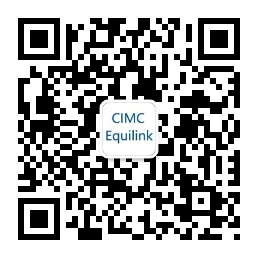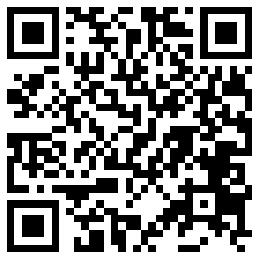-
Shipping Containers
- Container Parts
- Roof Panel
- Side Panel
- Front End Panel
- Door Panel
- Front Corner Post
- Rear Corner Post (Outer/Inner)
- Cross Member
- Bottom Side Rail
- Top Side Rail
- Door Sill
- Front Bottom Rail
- Top End Rail
- Door Header Upper/Lower
- Door Rail
- Floor Spacer
- Angle
- Top/Bottom End Rail
- Door Edge Member
- Door Sealing
- Door Frame Profile
- Door Lining
- Door Hardwares
- Door Gasket
- Side Panel/Lining
- T-Floor
- Roof Panel/Lining
- Cross Member
- Bottom Side Rail
- Top Side Rail
- Ledge PVC
- Kazoo Drain
- Auto Drain
- Alu Tube
- Auto Drain Center Part
- PVC Drain Pipe
- PVC Plugs f. Drain with Ring and Steel Wire
- Door Screw
- Door Screw Nut
- Door Screw Rubber
- Tapping Screw
- Stainless Blind Rivet
- Lashing Ring
- CSC Plate
- Welding Wire
- Tapping Screw Bit
- Vehicle Parts
- Ship Supplies
- 00. Provisions
- 11. Welfare Items
- 15. Cloth & Linen Products
- 17. Tableware & Galley Utensils
- 19. Clothing
- 21. Rope & Hawsers
- 23. Rigging Equipment & General Deck Items
- 27. Painting Equipment
- 31. Safety Protective Gear
- 33. Safety Equipment
- 35. Hose & Couplings
- 37. Nautical Equipment
- 39. Medicine
- 45. Petroleum Products
- 47. Stationery
- 49. Hardware
- 51. Brushes & Mats
- 55. Cleaning Material & Chemicals
- 59. Pneumatic & Electrical Tools
- 61. Hand Tools
- 63. Cutting Tools
- 65. Measuring Tools
- 69. Screws & Nuts
- 75. Valves & Cocks
- 77. Bearings
- 79. Electrical Equipment
- 81. Packing & Jointing
- 85. Welding Equipment
- 87. Machinery Equipment
- Vehicles
- Lashing Tools
- Logistics Tools
ContainersReefer Shipping Containers(7) - Export Certification RequirementsMay 14,2025Global trade in temperature-sensitive goods—from pharmaceuticals to fresh produce—relies on reefer shipping containers that meet strict international and regional certifications. These standards ensure cargo safety, regulatory compliance, and seamless cross-border logistics. Failing to adhere to destination-specific requirements can lead to shipment delays, penalties, or even cargo rejection. Below is a comprehensive guide to key certifications for reefer shipping containers, organized by region, to simplify compliance for exporters and logistics providers.
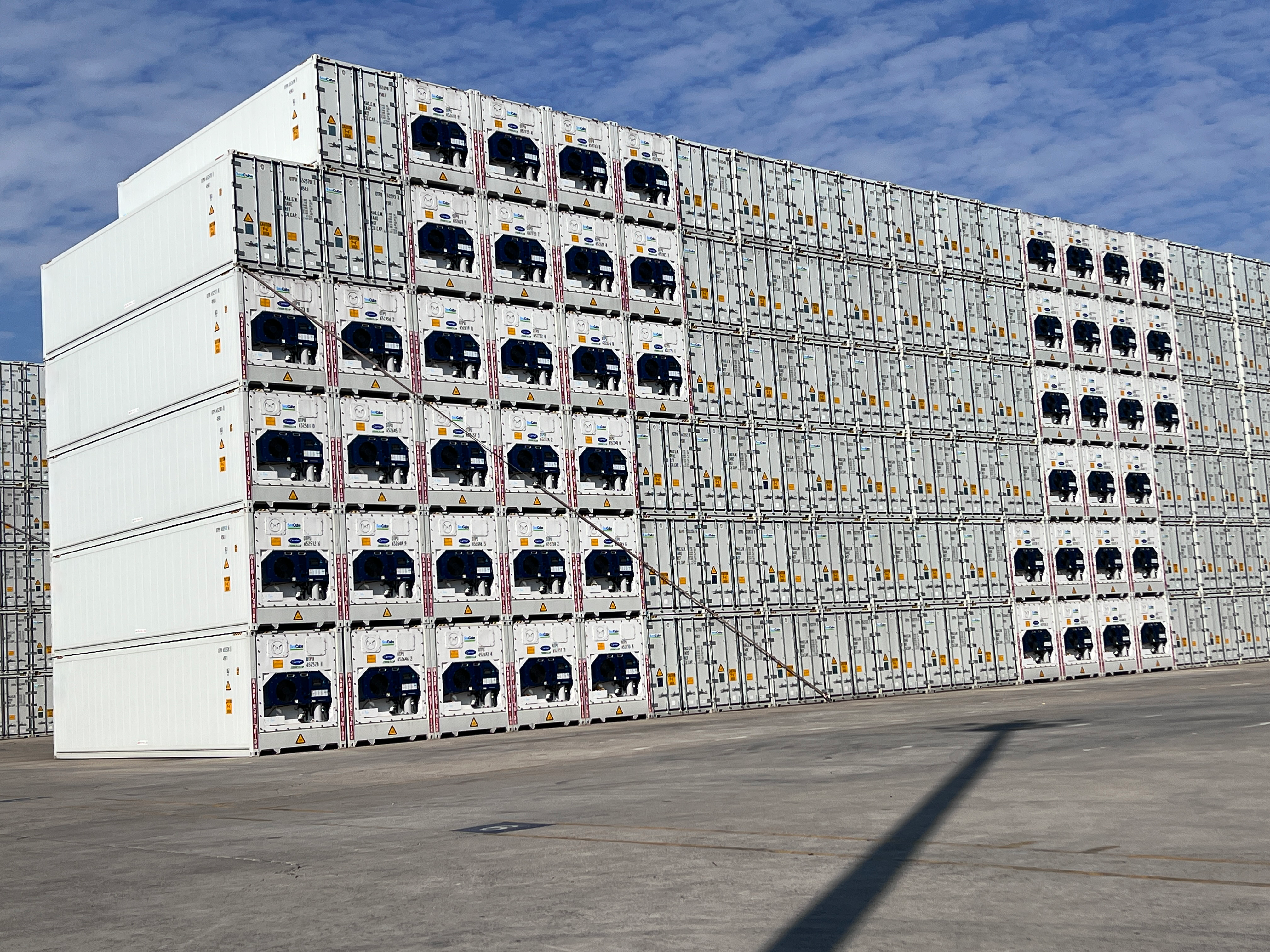
Core International Certifications for Reefer Shipping Containers
Before diving into country-specific rules, all reefer shipping containers must satisfy these foundational standards:
Certification
Issuing Body
Purpose
Key Requirements
ISO 1161 & ISO 668
International Organization for Standardization (ISO)
Define container dimensions, corner fitting specifications, and stacking strength for intermodal transport.
Mandates 20-foot (6.06m), 40-foot (12.19m) sizes; stacking load capacity ≥20 metric tons.
CSC Plate (Container Safety Convention)
United Nations Economic Commission for Europe (UNECE)
Certifies container safety for international transport, including structural integrity and periodic inspections.
Requires annual safety reviews; valid for 5 years with intermediate inspections.
IMO MSC.81(70)
International Maritime Organization (IMO)
Ensures suitability for sea transport, including resistance to temperature, vibration, and moisture.
Passes tests for 30° roll angle, 15° pitch angle, and thermal cycles (-25°C to +55°C).
Country/Region-Specific Requirements for Pharmaceutical & Food Transport
1. United States
Mandatory Certifications:
- FDA 21 CFR Part 11: Validates electronic record-keeping for temperature monitoring data, critical for pharmaceutical logistics.
- USDA Agricultural Certification: Required for food imports/exports to prevent pest contamination; containers must be cleanable and non-porous.
- CARB (California Air Resources Board): For diesel-powered reefer shipping containers operating in California, mandates emissions compliance with Title 4 regulations.
2. European Union
Key Standards:
- CE Mark (Module B+D): Ensures conformity with EU machinery (2006/42/EC) and low-voltage (LVD 2014/35/EU) directives, including electrical safety and electromagnetic compatibility.
- GDP (Good Distribution Practice) Annex 15: Applies to pharmaceutical transport; requires validated temperature control (±0.5°C for 2–8°C zones) and 72+ hours of backup cooling during power outages.
- ADR/RID (Dangerous Goods Transport): If carrying vaccines or chemicals classified as dangerous goods, containers must meet packaging and labeling requirements.
3. China
Regulatory Compliance:
- GB/T 28577 (Chinese National Standard): Specifies technical requirements for reefer shipping containers, including insulation efficiency (thermal conductivity ≤0.02 W/m·K) and temperature uniformity.
- NMPA (National Medical Products Administration) Registration: Mandatory for pharmaceutical transport; containers must pass cleanliness tests (ISO 14644 Class 8) and have traceable monitoring systems.
- CIQ (China Entry-Exit Inspection and Quarantine): Requires disinfection certification for food-grade containers to prevent biological contamination.
4. Japan
Critical Certifications:
- JMOL (Japanese Ministry of Land, Infrastructure, Transport and Tourism): Approves containers for road and sea transport, ensuring compliance with JIS (Japanese Industrial Standards) for structural strength and refrigeration efficiency.
- MHLW ( Pharmaceutical Logistics Guidelines): Enforces strict temperature monitoring (logging every 15 minutes) and 48-hour battery backup for vaccine-carrying reefer shipping containers.
5. Australia & New Zealand
Compliance Mandates:
- ADR (Australian Design Rule) 69/02: Applies to road-transported containers, regulating dimensions, braking systems, and safety markings.
- TGA (Therapeutic Goods Administration) Registration: For pharmaceutical imports, containers must have validated cold chain systems (ISTA 7D certified) and tamper-evident seals.
- IPPC ISPM 15: Requires heat-treated wood components (if any) to prevent invasive pests, a prerequisite for all cargo containers entering both countries.
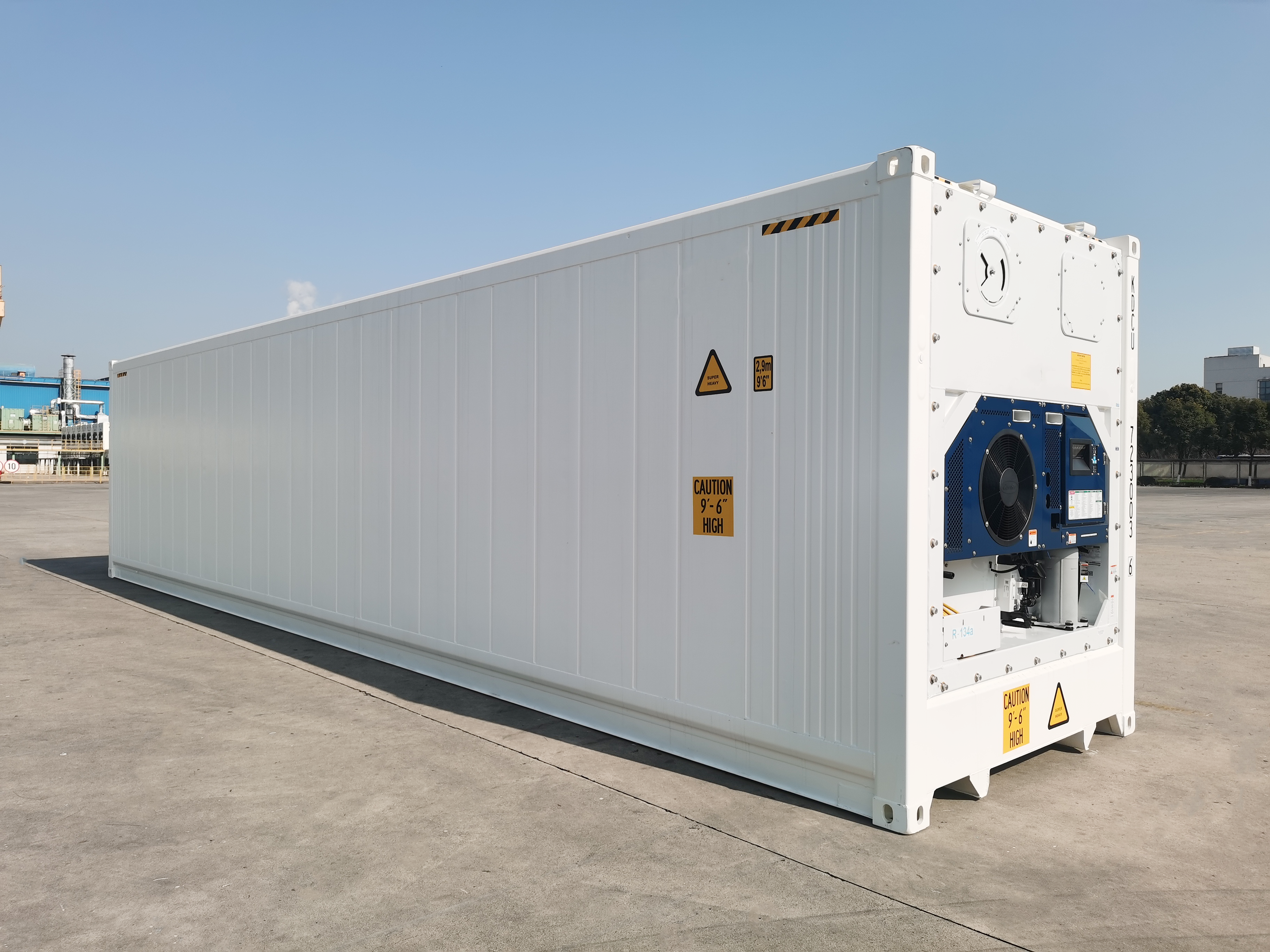
Simplified Compliance Table: Key Requirements by Region
Region/Country
International Base Certifications
Pharmaceutical-Specific Standards
Food Safety/Transport Rules
Unique Local Requirements
Global
ISO, CSC, IMO
WHO PQ (for vaccines), IATA CEIV Pharma
Codex Alimentarius (food hygiene), HACCP prerequisites
None (foundational for all regions)
USA
+ FDA 21 CFR Part 11, USDA
FDA Title 21 (cold chain validation)
FSMA (Food Safety Modernization Act) compliance
CARB emissions rules (California)
EU
+ CE, GDP Annex 15
EU MDR (Medical Device Regulation) for biologics
EC 852/2004 (food safety management systems)
ADR/RID for dangerous goods
China
+ GB/T 28577, NMPA
NMPA cold chain validation (2–8°C, -20°C zones)
CIQ disinfection certification
Customized thermal insulation testing
Japan
+ JMOL, MHLW Guidelines
MHLW temperature stability (±1°C for 72 hours)
JAS (Japanese Agricultural Standards) for food packaging
Strict weight limits for road transport
Australia
+ ADR, TGA
TGA cold chain accreditation (ISTA 7D compliant)
IPPC ISPM 15 for wood materials
Heavy vehicle mass management (NHVR regulations)
Navigating Certification Complexity
Compliance requires a reefer shipping container that integrates:
- Modular Design: To meet varying regional dimensions (e.g., EU pallets vs. US standard sizes).
- Digital Traceability: IoT-enabled monitoring systems that generate audit-ready reports for FDA 21 CFR Part 11 or EU GDP.
- Material Compliance: Food-grade stainless steel (316/304) for interiors, corrosion-resistant aluminum exteriors (critical for salt-laden coastal routes like Australia).
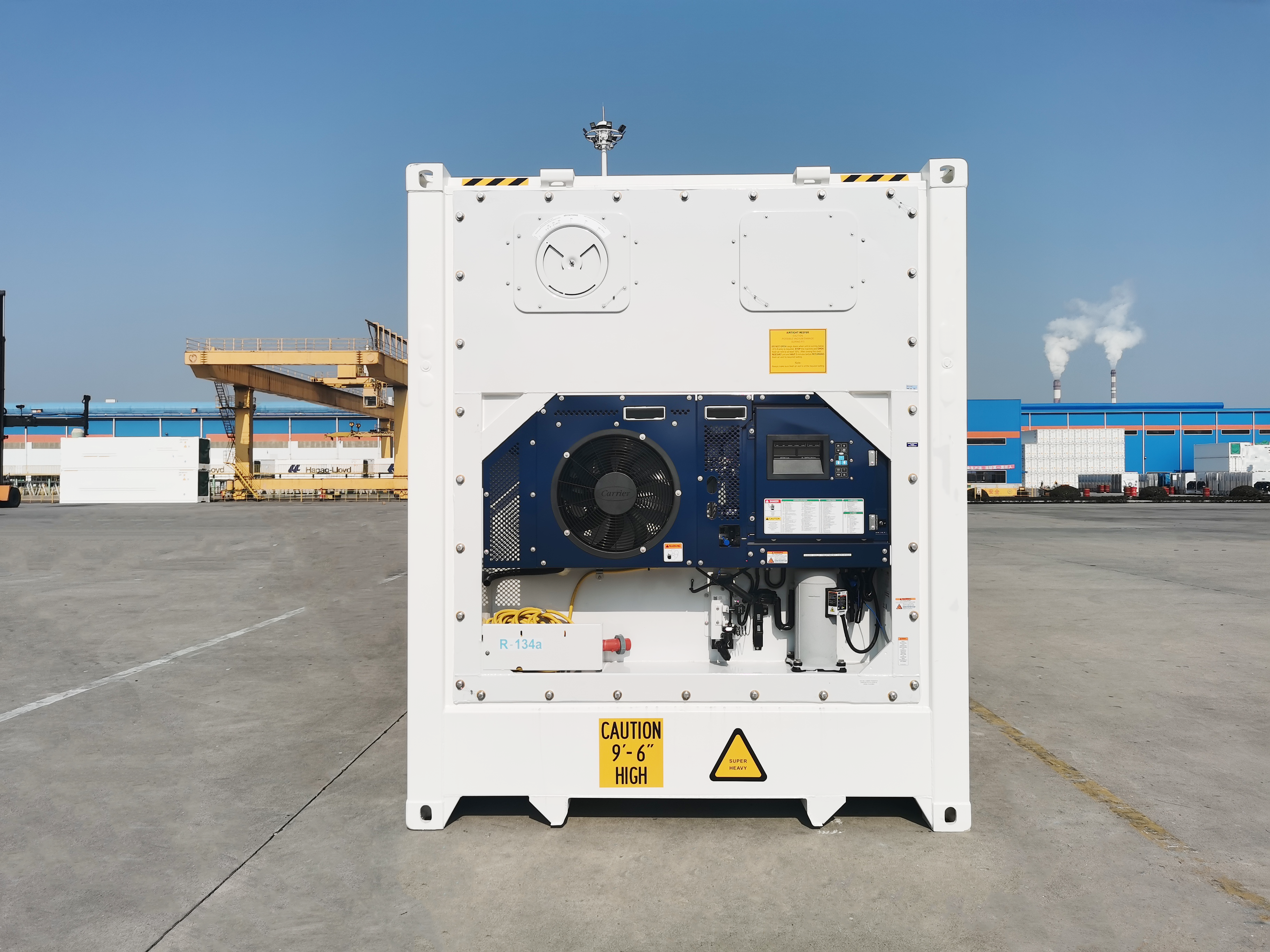
Why CIMC Equilink’s Reefer Shipping Containers Simplify Global Compliance
CIMC Equilink’s reefer shipping containers are engineered to meet the world’s strictest certifications, including:
- Full ISO, CSC, IMO Compliance: Ready for intermodal transport across continents.
- Regional Approvals: FDA-registered, CE-marked, and certified to China’s GB/T 28577, ensuring seamless entry into US, EU, and APAC markets.
- Pharmaceutical-Grade Technology: WHO PQ-compliant temperature control (-80°C to +25°C) with 72-hour battery backup and blockchain-enabled data logging, satisfying TGA, MHLW, and NMPA requirements.
Whether exporting COVID-19 vaccines to Japan or fresh seafood to Australia, CIMC Equilink’s reefer shipping containers eliminate certification guesswork. Each unit undergoes a 12-point inspection covering structural integrity, temperature precision, and regulatory markings, ensuring your cargo clears customs efficiently while maintaining full cold chain integrity.
Invest in reefer shipping containers built for global logistics—where compliance isn’t an afterthought, but a core design principle.
Quick Quote
Copyright © 2019 CIMC Equilink - Container Parts

 中文
中文











